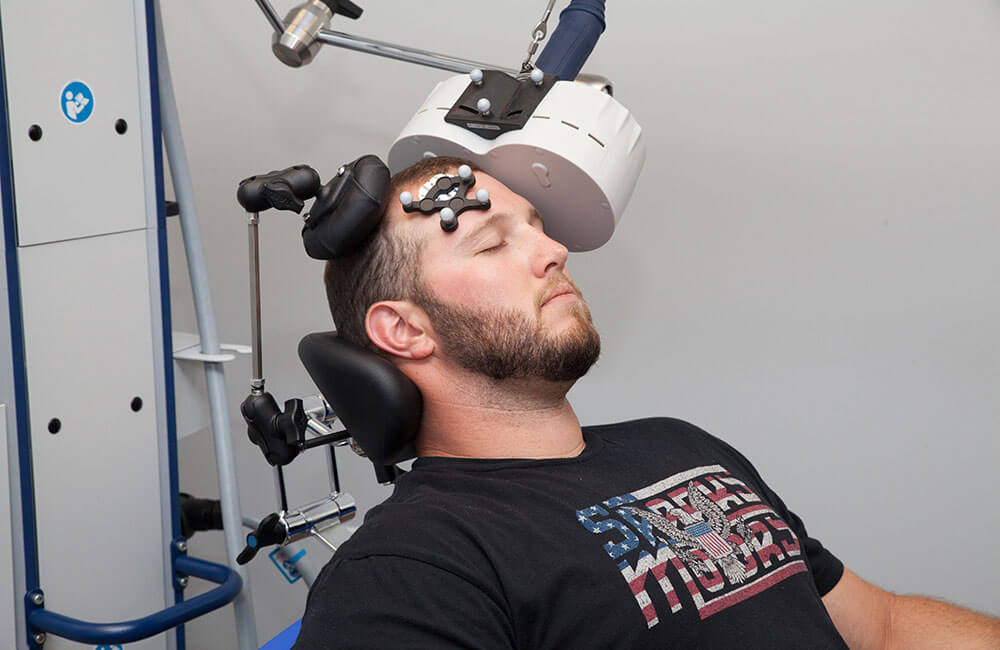
Image Source: Google
Obsessive-Compulsive Disorder (OCD) is a debilitating mental health condition that affects millions of people worldwide. Those living with OCD often experience intrusive thoughts and repetitive behaviors that can significantly impact their daily lives.
Ongoing research and clinical trials are constantly seeking new and innovative ways to help individuals with OCD manage their symptoms more effectively. If you are looking for the best ocd clinical trials for your needs then, you can contact Bio Haven.
Virtual Reality Therapy
One of the most exciting breakthroughs in OCD clinical trials is the use of virtual reality therapy as a treatment option. Virtual reality technology allows individuals to experience simulated environments that can help them confront and manage their fears in a controlled setting. This approach has shown promising results in helping individuals with OCD gradually expose themselves to triggering situations and learn to cope with their anxiety.
Benefits of Virtual Reality Therapy for OCD:
- Provides a safe and controlled environment for exposure therapy
- Allows for repeated practice of coping strategies
- Can be tailored to individual fears and triggers
- May enhance treatment outcomes and reduce symptoms
Deep Brain Stimulation
Deep Brain Stimulation (DBS) is a neurosurgical procedure that involves implanting electrodes in specific areas of the brain to regulate abnormal brain activity. In recent OCD clinical trials, DBS has shown promise as a treatment option for individuals who have not responded to traditional therapies. By targeting specific brain circuits associated with OCD symptoms, DBS has the potential to provide relief for those with severe and treatment-resistant OCD.
Potential Benefits of Deep Brain Stimulation for OCD:
- May offer relief for individuals with treatment-resistant OCD
- Targets specific brain circuits associated with OCD symptoms
- Can be adjusted and personalized for each individual
- Shows promise in improving quality of life and reducing symptoms
Cognitive Behavioral Therapy
Cognitive Behavioral Therapy (CBT) is a well-established treatment for OCD that focuses on changing negative thought patterns and behaviors. In recent clinical trials, researchers have been exploring innovative ways to enhance the effectiveness of CBT for individuals with OCD. By incorporating new techniques and strategies, such as mindfulness-based interventions and exposure therapy, researchers are working to provide more comprehensive and individualized care for those with OCD.
Advancements in Cognitive Behavioral Therapy for OCD:
- Integration of mindfulness-based interventions
- Enhanced exposure therapy techniques
- Personalized treatment plans tailored to each individual
- Focus on long-term symptom management and relapse prevention
Genetic Studies and Biomarkers
Advancements in genetic studies and biomarkers have the potential to revolutionize the field of OCD research and treatment. By identifying specific genetic markers and biological factors associated with OCD, researchers can gain a better understanding of the underlying mechanisms of the disorder. This knowledge may lead to the development of targeted treatments and personalized interventions that address the root causes of OCD in a more precise and effective manner.
Implications of Genetic Studies and Biomarkers for OCD:
- Identification of specific genetic markers linked to OCD
- Insights into biological factors contributing to the disorder
- Potential for developing personalized treatment approaches
- Improvement in early detection and intervention for OCD
Conclusion
As ongoing research continues to push the boundaries of innovation in OCD clinical trials, there is hope on the horizon for individuals living with this challenging disorder. Breakthroughs in virtual reality therapy, deep brain stimulation, cognitive behavioral therapy, and genetic studies have the potential to transform the treatment landscape for OCD and provide new pathways to recovery.